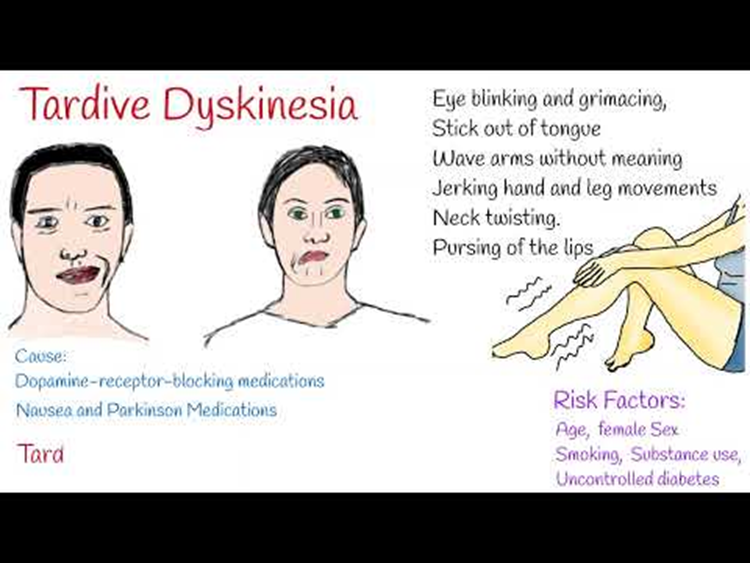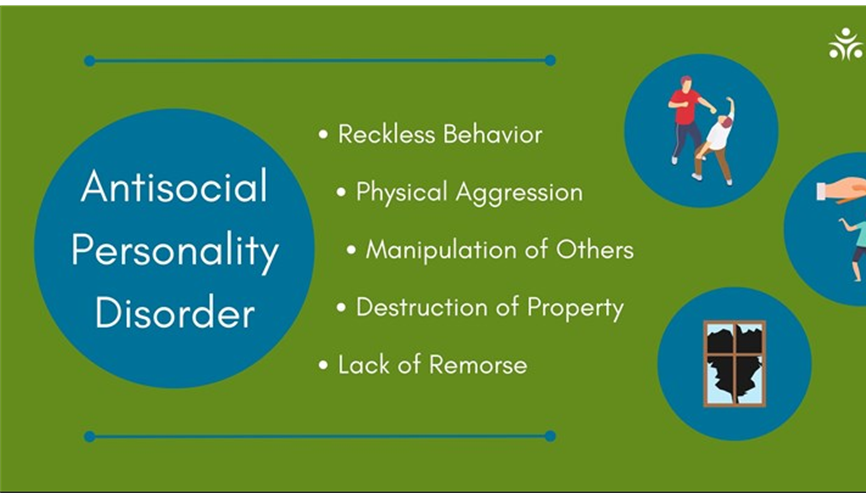Which behavior displayed by a patient receiving a typical antipsychotic medication would be assessed as displaying behaviors characteristic of tardive dyskinesia (TD)?
Falling asleep in the chair and refusing to eat lunch
Grimacing and lip smacking
Having excessive salivation and drooling
Experiencing muscle rigidity and tremors
The Correct Answer is B
A. Incorrect. Falling asleep in the chair and refusing to eat lunch is not indicative of tardive dyskinesia (TD). TD is characterized by involuntary movements, not by changes in sleep patterns or appetite.
B. Correct. Grimacing and lip smacking are characteristic movements associated with tardive dyskinesia. TD is a side effect of long-term use of typical antipsychotic medications, and it involves involuntary, repetitive movements, often involving the face and mouth.
C. Incorrect. Excessive salivation and drooling are not specific to tardive dyskinesia. These symptoms may occur due to various reasons, and TD is primarily associated with abnormal, involuntary movements.
D. Incorrect. Experiencing muscle rigidity and tremors is more characteristic of other side effects or conditions, such as extrapyramidal symptoms, but it is not specific to tardive dyskinesia. TD typically involves repetitive, involuntary movements rather than tremors.

Nursing Test Bank
Naxlex Comprehensive Predictor Exams
Related Questions
Correct Answer is C
Explanation
Individuals with OCD often engage in compulsive behaviors, such as repetitive cleaning, as a way to alleviate or decrease anxiety associated with obsessive thoughts. In the context of OCD, obsessions are intrusive and distressing thoughts, images, or urges that cause significant anxiety, while compulsions are repetitive behaviors or mental acts performed in response to the obsessions.
A. Decrease the time available for interaction with people:
While individuals with OCD may isolate themselves due to their symptoms, the primary motivation for repetitive behaviors like cleaning is to manage anxiety, not necessarily to avoid interaction with others.
B. Prevent aggressive and impulsive behaviors:
OCD compulsions are not typically aimed at preventing aggressive or impulsive behaviors. They are driven by the need to reduce distress related to obsessive thoughts.
C. Decrease anxiety:
This is the correct answer. Compulsive behaviors in OCD are often ritualistic actions performed to reduce the anxiety associated with obsessive thoughts. Cleaning, in this case, is a way for the individual to feel a sense of control and alleviate anxiety.
D. Manipulate others
The primary motive behind OCD compulsions is to manage personal anxiety, not to manipulate others. Individuals with OCD often recognize that their compulsions are excessive or irrational, but they feel driven to perform them to alleviate anxiety.
Correct Answer is D
Explanation
A. Concern for others: Individuals with antisocial personality disorder typically lack genuine concern for others and may exploit or manipulate them for personal gain.
B. Actively engaged in all unit activities: While engagement in activities can vary, the key feature of antisocial personality disorder is not a high level of engagement but rather a disregard for rules and the rights of others.
C. Mindful of following all of the unit rules: Individuals with antisocial personality disorder often have a history of rule-breaking and may not be consistently mindful of following societal or institutional rules. They may engage in behaviors that violate rules or laws.
D. Manipulative: This is the correct answer. Antisocial personality disorder is characterized by manipulative behaviors, where individuals exploit others for personal gain or pleasure. Manipulation is a key feature of this disorder.

Whether you are a student looking to ace your exams or a practicing nurse seeking to enhance your expertise , our nursing education contents will empower you with the confidence and competence to make a difference in the lives of patients and become a respected leader in the healthcare field.
Visit Naxlex, invest in your future and unlock endless possibilities with our unparalleled nursing education contents today
Report Wrong Answer on the Current Question
Do you disagree with the answer? If yes, what is your expected answer? Explain.
Kindly be descriptive with the issue you are facing.
